The book suggests total recasting of penal, procedural and law of evidence to make it victim oriented and not accused centric. Out of eight capital offences in IPC 1860, two sections 303 (life convict committing another murder), and 307 II prescribed mandatory death. Section 121, 132, 302, 305, 364A, 396 prescribed death sentence with an alternative of life imprisonment. Section 303 was struck down by Apex court as violating article 21. For awarding death penalty for the six offences instead of life imprisonment there is no legislative criteria. Judicial guidelines exist, viz rarest of rare cases. Human rights lobby, citing the example of some countries wants abolition of death penalty, but it ignored that the levels of terrorist violence faced by India is different from those countries. The book suggests retention of death penalty for terrorist, mafia related offences. It can be abolished for common place murders. It is a middle path. In Mohammad Afzal’s case commutation of death penalty into life imprisonment may not cause a sense of public outrage if 14 years minimum prison service required in Sec 433 A Cr. Pc is raised to 40 years. Life imprisonment was interpreted as imprisonment till the rest of convict’s life. But section 433 A Cr. PC limited life imprisonment to 14 years. Articles 72, 161 of the constitution and Sec 433 Cr. Pc give powers of commutation of sentences to the executive. Malafide exercise of these powers result in life convicts coming out of jails in 10 years. The legal provisions of commutation need amendment to the effect that for common place murders 25 years prison service is minimum and for terrorist murders etc 40 years is the minimum, in the larger interest of criminal justice system. A life convict like Mr. Sibu Soren if held guilty of murder charge in a second case which does not fall under the category of rarest of rare cases, courts cannot sentence him to death, a punishment higher than life imprisonment. There is a legal log-jam. In such situations the provisions of commutation of prison sentences can be excluded so that the second time murder convict can serve 40 years minimum prison life. For very grave, grave offences prescription of minimum punishment should follow the maximum. For section 304 IPC (culpable homicide not amounting to murder) 10 years is the maximum punishment. 5 years minimum sentence can be prescribed to curtail judicial discretion on the quantum of punishment. Sec 227, 228, 321, 389, 482 Cr. Pc, Article 226 served the interests of crime tainted in politics and other influential sections unerringly and admirably.
Archaic Criminal Laws, Enforcement and Interpretation
In stock
Free & Quick Delivery Worldwide
reviews
Bibliographic information
Title
Archaic Criminal Laws, Enforcement and Interpretation
Author
Edition
1st ed.
Publisher
ISBN
8131301893
Length
xxxiv+302p., Tables.
Subjects

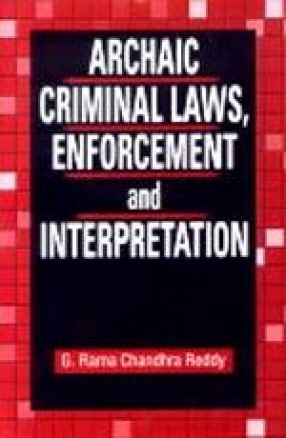
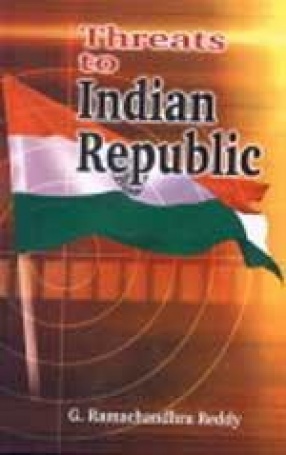
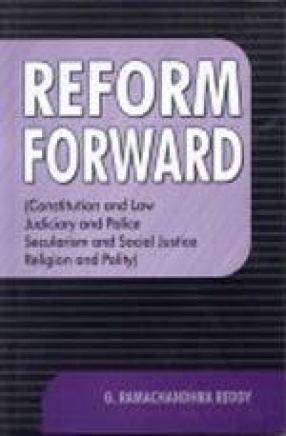
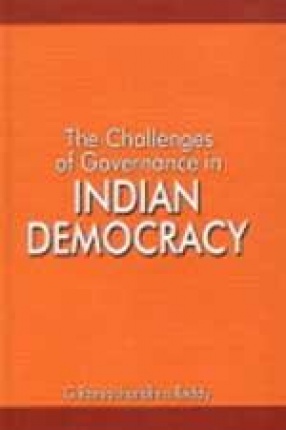

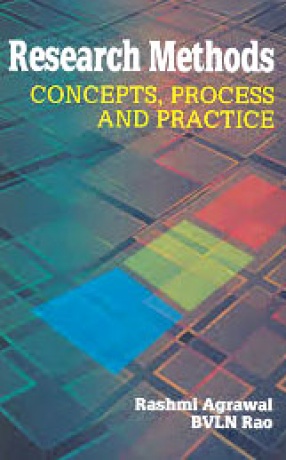

There are no reviews yet.